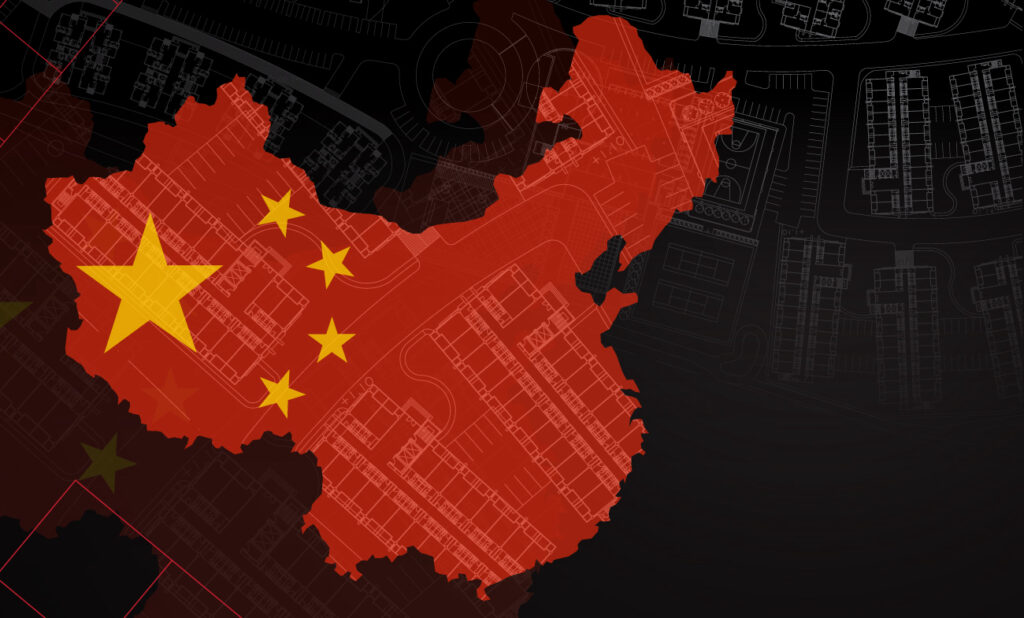
Status: ongoing
Period: June 2025 – June 2026
Funding: donation
Funding organization: N/A
Person(s) in charge: Viola Negro and Juan Carlos De Martin
Executive summary
The objective of this project is to analyse the historical, economic, political/institutional, cultural, and philosophical background behind the computerization process that China has developed since the 1980s. In particular, the research will focus on the phenomenon of Artificial Intelligence, the most advanced computer innovation of recent years.
Background
As François Jullien argues, China is another world, another culture completely different from ours, to which it makes no sense to apply typically Western interpretative categories. For this reason, we propose to carry out an exercise in heterotopia, a different way of thinking to free ourselves from the pathological Eurocentric superiority complex and consider the genesis of Chinese civilisation as an independent historical variable, developed independently of the West. This insight and method also apply to the theme of the computerisation of the world. Indeed, it is not possible to deal with the digital phenomenon of AI as a separate element isolated from the context in which it arises; rather, it must be considered as embedded in the economic situation and cultural background.
Objectives
The primary objective of this research is to offer basic hermeneutical coordinates to contextualize the technical process of the computerization of China. Considering the vast scope of the subject, the study does not seek to provide an exhaustive account, rather, it aims to identify the cultural trends and historical-political processes that have enabled it and that define its specific characteristics.
The research is structured in three parts.
The first part addresses the historical, political, economic, and legal background; the second examines the cultural and philosophical context; and the third investigates specific digital innovations, with a particular focus on artificial intelligence. The main objective of this study is to identify the social, historical, and cultural conditions of possibility for the phenomenon of computerization – that is, the conditiones sine quanon that have made a peculiar conception and implementation of digital technology possible. In this perspective, we pose a set of overarching questions: How does China (both the Communist Party and civil society) conceptualize the process of technologization? What function does AI serve in Chinese society in general? In an economy and society that are certainly different from those in the West, what is the meaning of the CCP’s conspicuous investments in this field? From a cultural point of view, what is the mindset with which the Chinese relate to AI? What philosophical definition do they give it?
